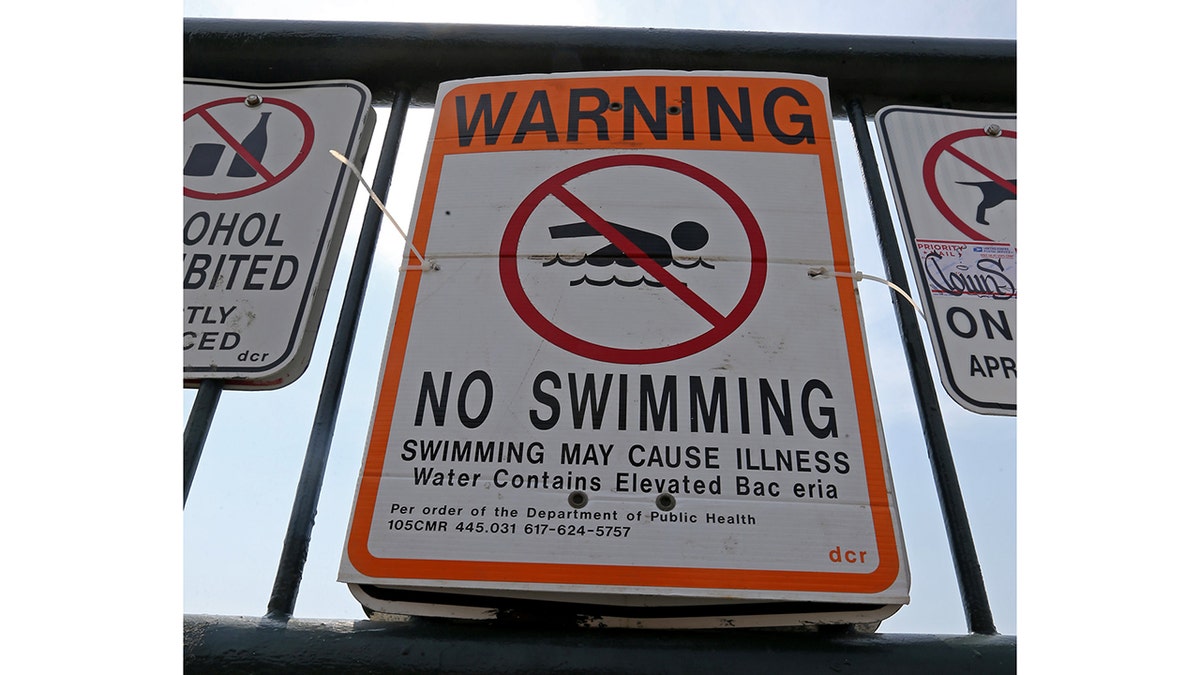A wave of beach closures has hit New England as health officials grapple with high levels of bacteria in the water, putting a damper on summer fun for many. Massachusetts has been particularly hard hit, with the Department of Public Health reporting 78 public beaches closed due to contamination. This follows a trend from last year when, according to the Environment Massachusetts Research & Policy Center, 274 beaches in the state were deemed potentially unsafe for swimming on at least one occasion.
The primary culprit behind these closures is elevated E. coli levels, often linked to waste runoff. The issue isn't confined to Massachusetts; nearly a dozen beaches and water bodies in New Hampshire are under advisory, while eight beaches in Maine and ten state parks in Vermont are also off-limits to swimmers due to contamination. Besides E. coli, some closures are attributed to potentially harmful algal blooms.
Heavy rainfall and subsequent flooding are believed to be contributing factors to the contamination, leading to agricultural runoff and sewage overflows that pollute both inland and coastal waters. Environmental advocacy groups are urging Massachusetts officials to implement measures to address these pollution sources.
The health risks associated with swimming in contaminated water are significant, ranging from skin rashes to gastrointestinal and respiratory illnesses. This poses a serious concern for public health, especially during the summer months when people seek relief from the heat in natural bodies of water.

Image: A "No Swimming" sign posted at a beach in Lynn, Massachusetts, highlights the widespread closures due to water contamination. (Stuart Cahill/MediaNews Group/Boston Herald via Getty Images)








